What are the different types of oils?
The big difference between virgin olive oil and refined oils (sunflower, soy, corn, seeds, etc.) is that the latter undergo the addition of solvents, soda or phosphoric acid before being adapted. for human consumption. In addition, during the refining process, vitamins, polyphenols and a multitude of components beneficial to our body are lost.
Olive oil is also strong and stable at high temperatures, such as when cooking or frying. On the other hand, other types of oil, such as soybean or sunflower oil, do not guarantee the absence of alterations harmful to good taste or to the health of consumers.
However, although olive oil has always been considered the best, there are other oils that are also beneficial to the body. They are rich in polyunsaturated fats such as linoleic acid and linolenic acids (like the fats in oily fish). These types of acids are essential in a healthy, balanced diet because the body cannot produce them itself.
These fats protect against cardiovascular disease, reduce cholesterol and triglyceride levels in the blood. They also reduce the risk of blood clots (thrombosis) and cardiovascular and stroke accidents and increase the diameter of blood vessels.
This group includes:
Sunflower oil :
It is richest in linoleic acid and, after wheat germ, it is also richest in vitamin E. In addition, recent studies show that sunflower oil has a lower content of saturated fats (even less than corn oil) and a higher content of polyunsaturated fatty acids.
Corn oil :
It has the same properties as sunflower oil. It mainly smoothes blood flow. It promotes the sanitation of the arteries, avoiding or reducing cholesterol and poor quality lipoproteins.
Soya oil :
It has a neutral taste. It is rich in linolenic acid. It is obtained from its seeds, rich in polyunsaturated fatty acids, phosphorus and lecithin, by pressure or solvent extraction. The yellow seeds harvested when fully ripe are used to obtain it. However, the oil is easily altered by pressing. The oil sold is therefore refined and hydrogenated.
Nut oil :
It is obtained by cold pressing and does not require refining. Fat from legumes, cereals and nuts is the source of fatty acids from which the body produces cholesterol.
Sesame oil :
Its taste and aroma are very pleasant. It contains an equal proportion of oleic acid (monounsaturated) and linoleic acid (polyunsaturated). It does not require refining. It also contains a natural antioxidant, sesame, which keeps it stable and resistant to oxidation.
Coconut oil and palm oil :
These oils are high in saturated fats and their consumption can lead to increased blood cholesterol levels. They are less healthy than any other oil and are often used in industrial baked goods and some fried foods.

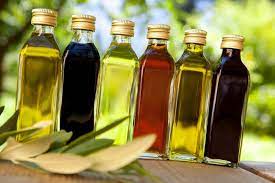
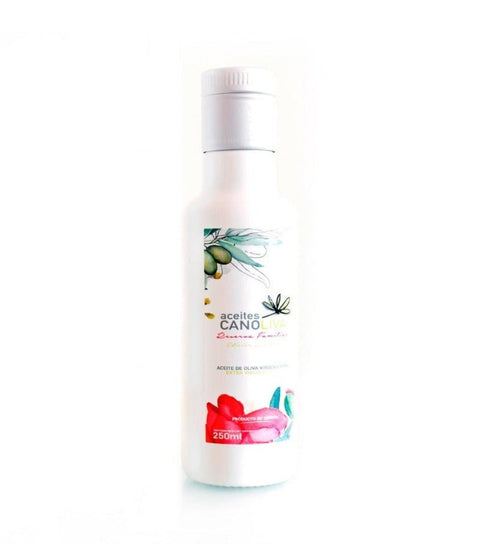
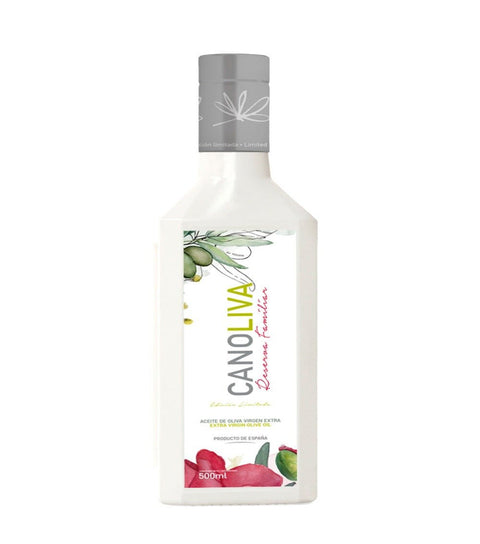
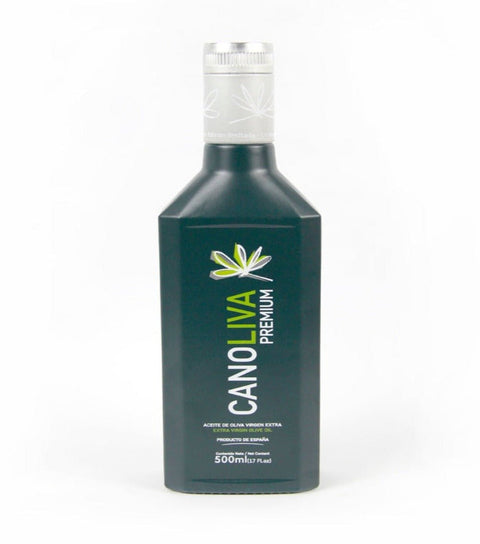
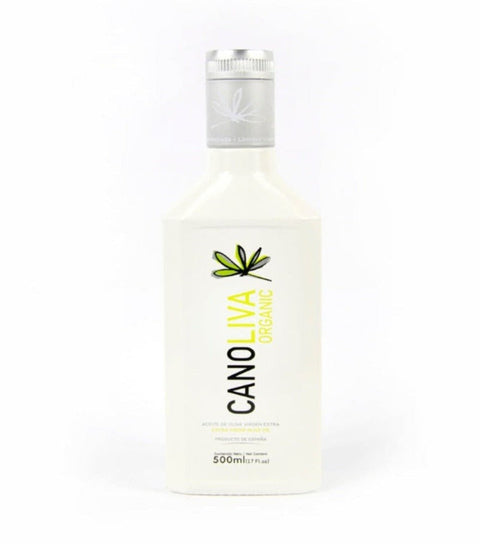
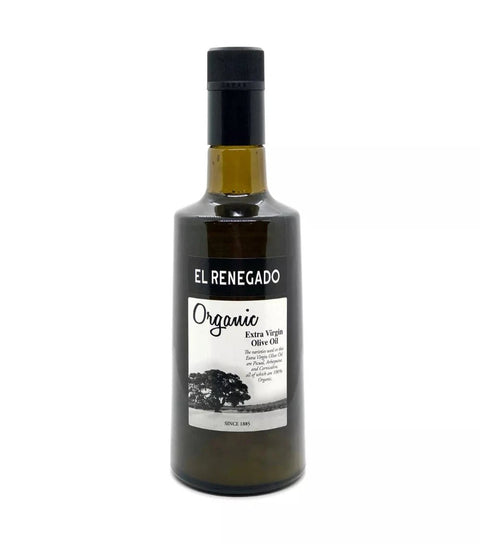
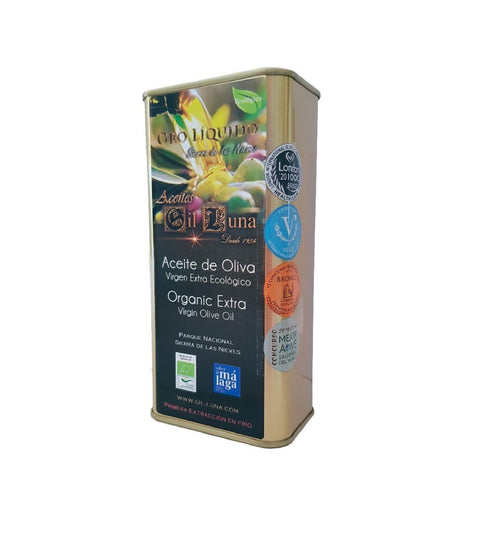
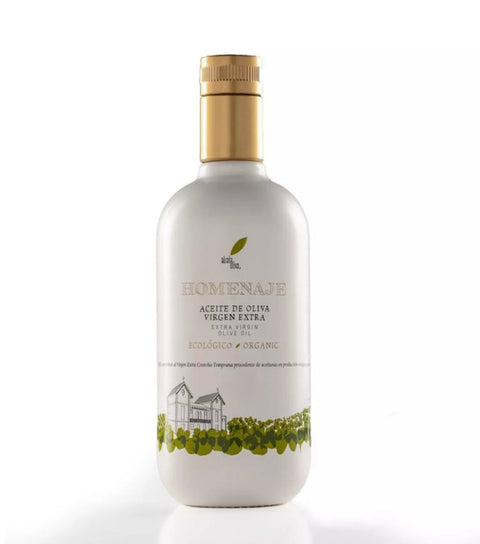
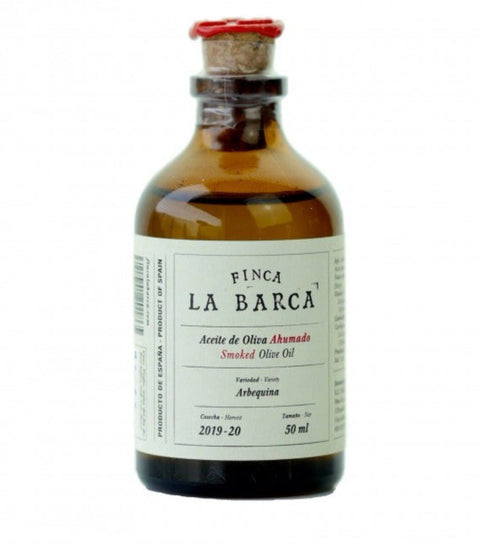
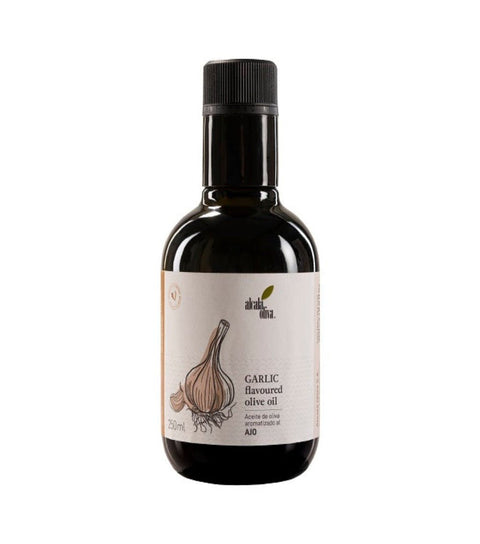
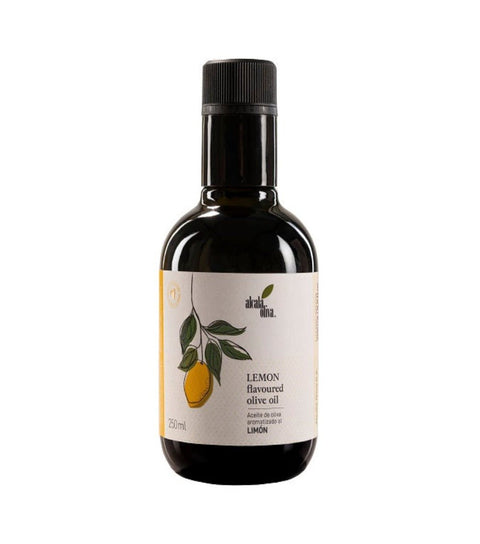
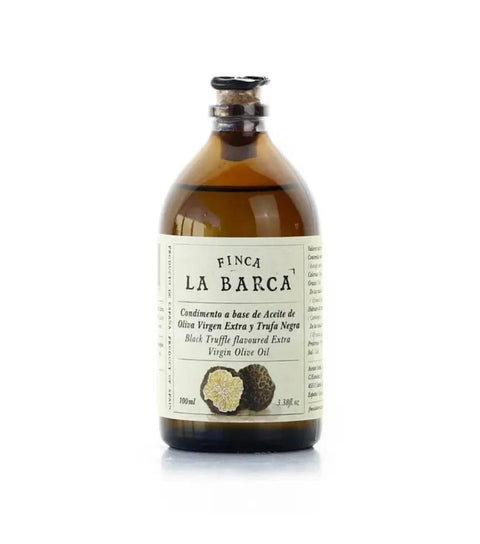
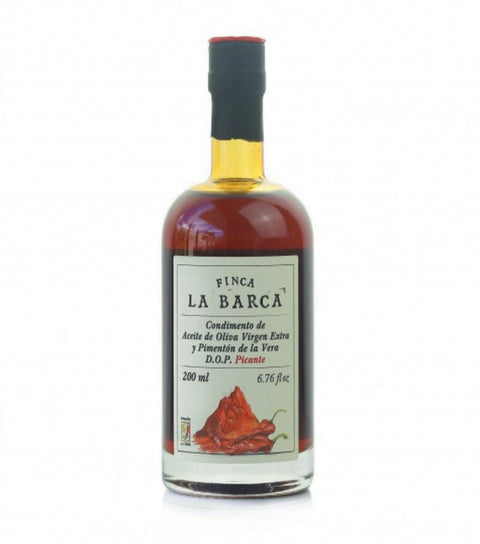
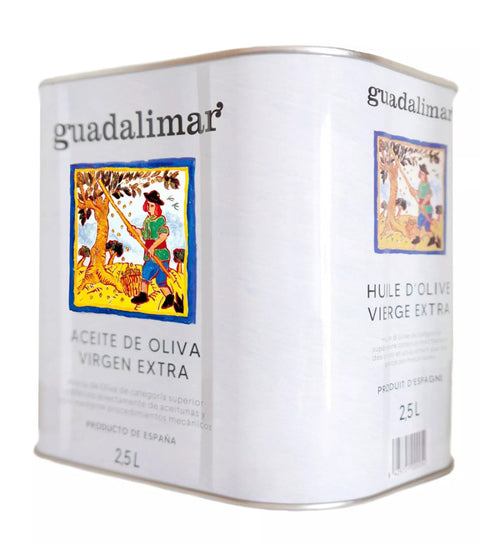
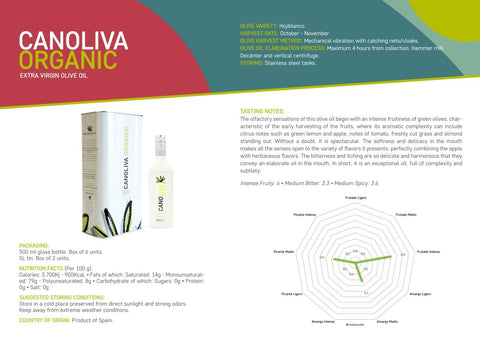


Comments (0)
There are no comments for this article. Be the first one to leave a message!